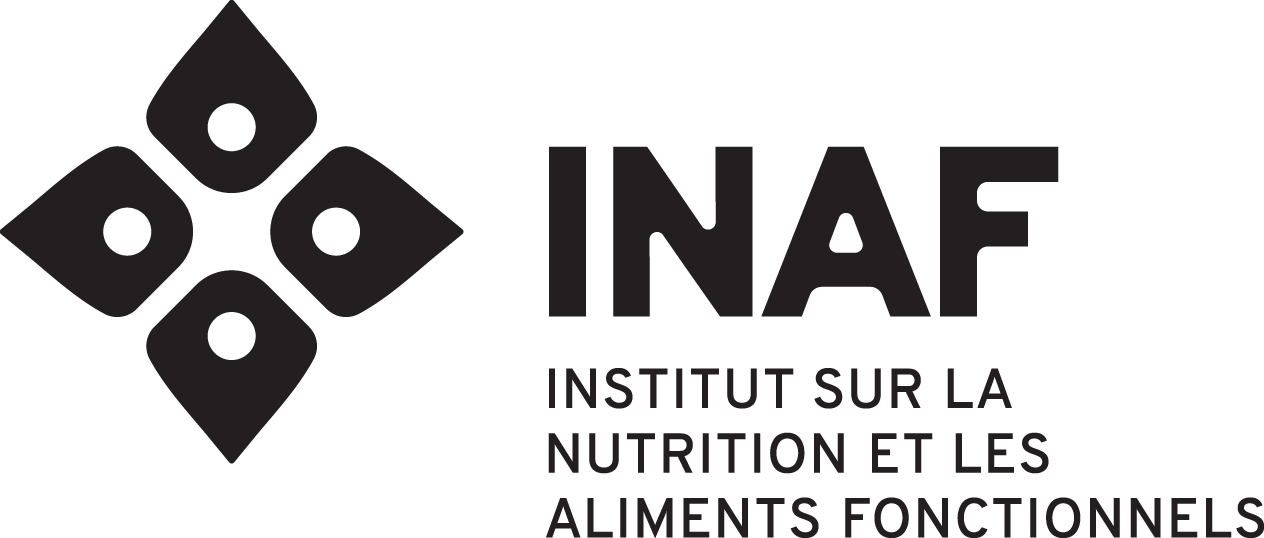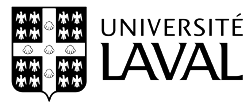Salty snacks

627 salty snacks were listed for this study
392 mg
of sodium in extruded type salty snacks
285 mg
of sodium in chips
Highlights
The results of this study on salty snacks show significant variability in terms of nutritional composition depending on the type of product. More specifically, it would be possible to reformulate extruded type salty snacks in order to reduce their lipid and sodium contents as well as bretzels in order to reduce their sodium content. Considering their large sales volume, chips would benefit from a reduction in their fat and sodium content. On the other hand, pop, plain, baked or corn-based salty snack foods are good indicators of a better nutritional composition. These elements could easily be communicated to consumers in order to guide them towards healthier choices.
Full report
The Observatory mission is to observe and monitor the evolution of the food supply in order to generate new knowledge and to act collectively at improving its quality and accessibility. The studies carried out by the Observatoire aim at analyzing food categories and monitoring their evolution over time. The food categories to be studied are selected based on a rigorous approach. Indeed, after consultation with the Observatoire’s knowledge users, the Scientific Committee prioritized the food categories to be addressed according to four main criteria: health impact, nutritional quality variability, household penetration rate and product improvement potential. As a result of this consultation, the salty snack category was selected and analyzed. This report presents the results of this food category’s analysis.
Method
The data used for this portrait was collected in collaboration with:
Nutritional composition :

Consumer purchases :

The steps to create this portrait are :

© Food Quality Observatory - INAF, Université Laval, 2019-2021

